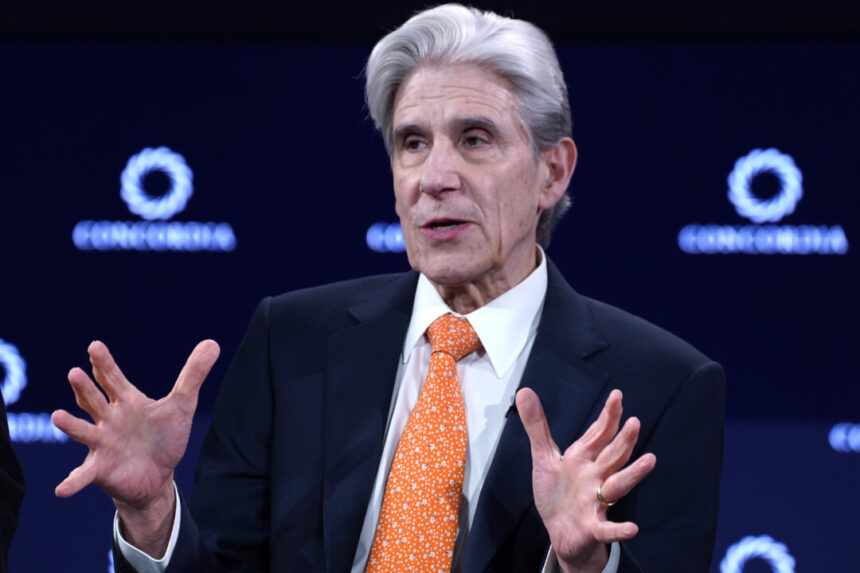Julio Frenk, the current president of the University of Miami and a global health expert, has been appointed as the next chancellor of UCLA, starting on Jan. 1, 2025. He will succeed Gene Block, who will step down on July 31. UCLA Executive Vice Chancellor and Provost Darnell Hunt will serve as interim chancellor until Dr. Frenk assumes his new role.
Dr. Frenk expressed his excitement and honor at the opportunity to lead one of the top research universities in the world and the 10 largest academic health systems. He acknowledged the challenges facing higher education institutions and emphasized the importance of diversity and boundary-spanning in academia.
The University of California Board of Regents approved Dr. Frenk’s selection during a special meeting, with UC President Dr. Michael Drake praising the decision. Mr. Block also commended the choice of his successor, recognizing Dr. Frenk’s leadership qualities and expertise in public health.
Dr. Frenk, a former Mexico Federal Secretary of Health and president of the University of Miami, will receive a base salary of $978,904. After stepping down, Mr. Block will continue his research as a faculty member at UCLA.
In a message to the campus community, Mr. Block expressed gratitude for his time as UCLA’s chancellor and highlighted the university’s resilience in the face of challenges, including recent pro-Palestinian protests. He emphasized the importance of unity and healing within the UCLA community.
Frenk is set to inherit a campus that is currently experiencing unrest. A large encampment that appeared in the center of campus in mid-April was reportedly attacked by an unidentified group of counter-protesters, leading to hours of violence. Subsequently, the encampment was dismantled by hundreds of police officers, resulting in 209 arrests.
Following these events, there have been allegations of unfair labor practices by unionized employees, calls for amnesty for those arrested, a congressional investigation into the campus’ handling of antisemitism, lawsuits against the university for not protecting Jewish students, and claims of excessive force and infringement of free-speech rights by campus police from protesters.
The university’s commencement ceremonies are scheduled to commence on Friday, with departmental ceremonies planned over the weekend. It remains uncertain whether these events will be disrupted by further protests, as pro-Palestinian activists persist in their demand for the university to divest from Israeli-linked businesses.
“The final days of spring are typically filled with excitement and anticipation as we bid farewell to a new class of UCLA graduates,” stated Mr. Block in a message last week. “Achieving this milestone is a significant accomplishment under normal circumstances, but it holds particular significance for many of this year’s undergraduates, who missed out on traditional graduation ceremonies due to the pandemic disrupting their senior year of high school.”
When Mr. Block announced his decision to step down as chancellor last year, UCLA highlighted his key achievements during his tenure. These include UCLA’s rise to the top spot as the No. 1 public university for six consecutive years, up from No. 4 when he took on the role.
Under Mr. Block’s leadership, student enrollment increased by 24 percent, with UCLA becoming the first and only UC school to guarantee housing for undergraduate students and the construction of 15 residential buildings, as reported by UCLA.
Additionally, Mr. Block effectively navigated the university through the challenges posed by the pandemic, highlighting the institution’s research excellence that led to five Nobel Prizes in a decade and nearly doubling external research funding annually, according to UCLA.
Last year, UCLA expanded its presence with the launch of UCLA South Bay on 35.5 acres on the Palos Verdes Peninsula and UCLA Downtown, a high-rise building in downtown Los Angeles.






